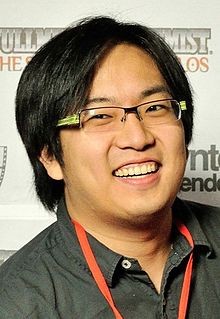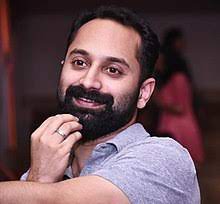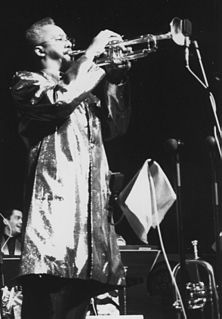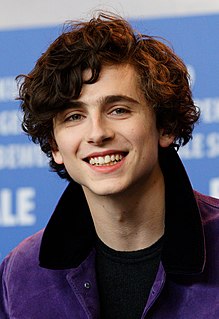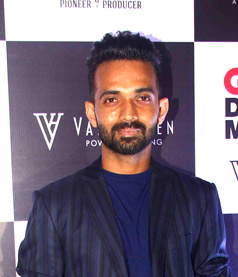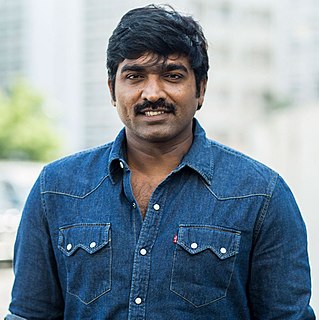A Quote by Mani Ratnam
As a filmmaker, every tool you get to tell the scene better is important.
Related Quotes
I always try to better myself with every movie I make. I don't take anything sitting back and so I try to learn from every film I make and carry that onto the next movie because I think it's important as a filmmaker to keep growing with each film and I think I am growing with each movie. And I think it's important because you need to strive to better yourself.
There's not a lot of room for un-ironic emotion in contemporary culture. I think that irony is an important tool in dealing with the world as we find it. It's a tool of protection, but it can also be a tool of incision to get to some truth. But along the way maybe we've lost some of what I think of as the power of straightforward emotion and earnestness and seriousness.


